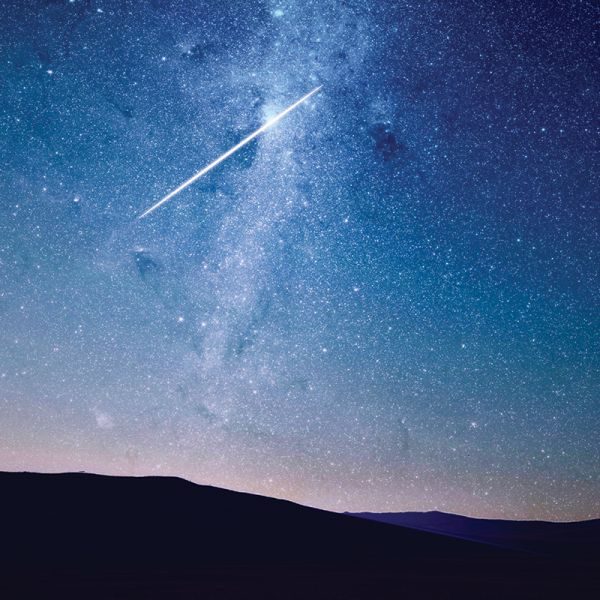McDonnell Center for the Space Sciences
The McDonnell Center for the Space Sciences at Washington University is the province of multiple disciplines. Understanding the formation and evolution of the solar system is equally the task of the chemist who measures isotope effects in meteorites, the astronomer who observes planetary atmospheres or interstellar dust, and the theoretical physicist who studies gravitational collapse to form a planet and then its subsequent thermal and mechanical evolution. Faculty and students of the McDonnell Center belong to one of the basic, traditional science departments, yet overlap in their research work. They enjoy the stimulation provided by the diversity of research being conducted and consider the eclectic nature of the Center to be one of the most important aspects of the space sciences program at Washington University.
Formally established in 1974 through a munificent endowment by James Smith McDonnell and the McDonnell Foundation, the Center has grown into a consortium of more than one hundred members, including about 42 faculty and research scientists, 14 post-doctoral fellows and research scholars, 29 graduate students, and 21 staff members. Over the last three decades, members have published more than 2000 papers in the fields as diverse as astrobiology, lunar and planetary exploration, nuclear matter, neutrino physics, gravitation, and cosmology. The Center plays a key role in the Washington University through its endowed professorships, supporting acquisition of sophisticated instrumentation, hiring new faculty, fellowships, visitor programs, seeding innovative research, and fostering international collaborations.

